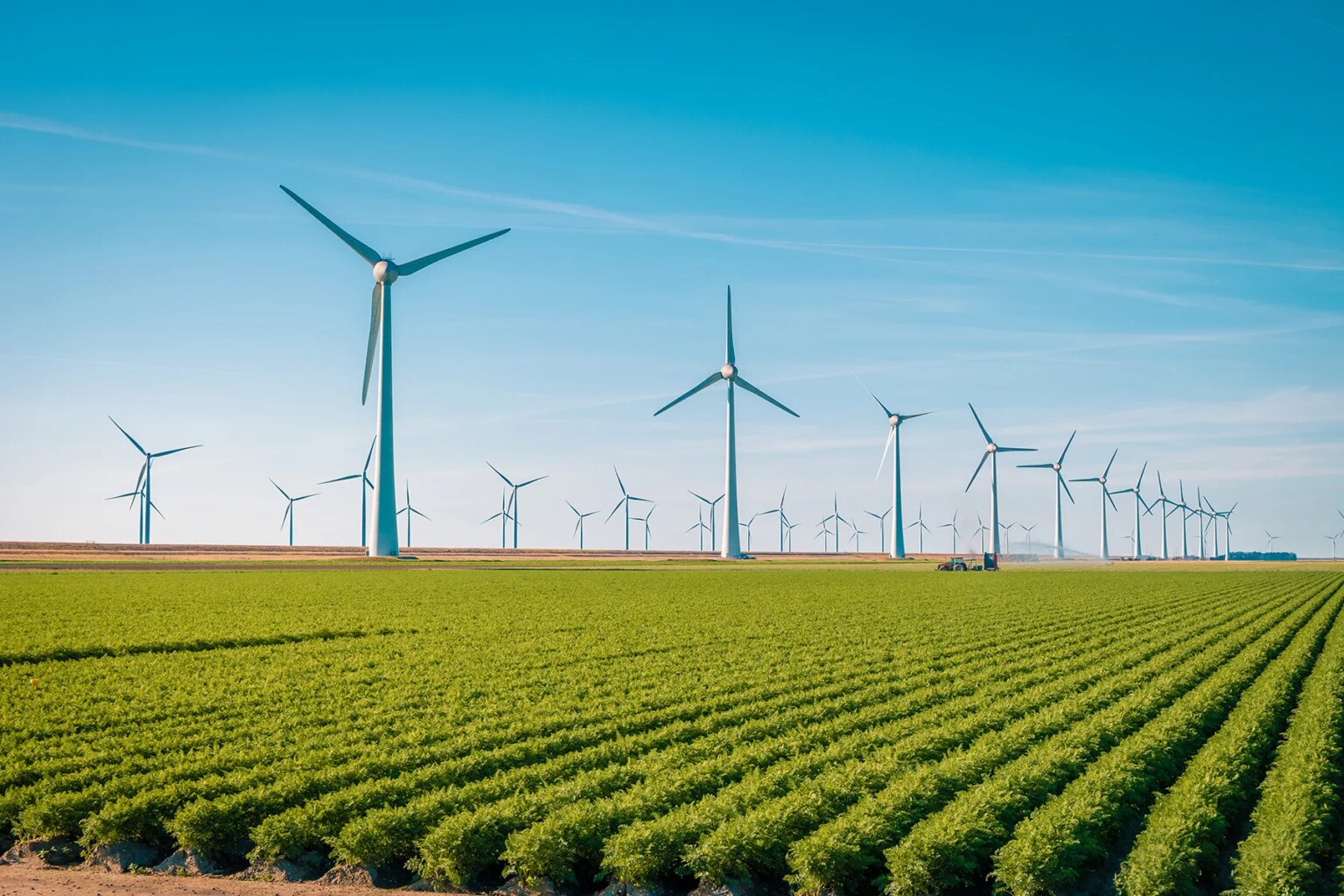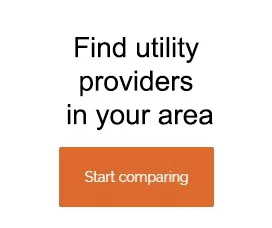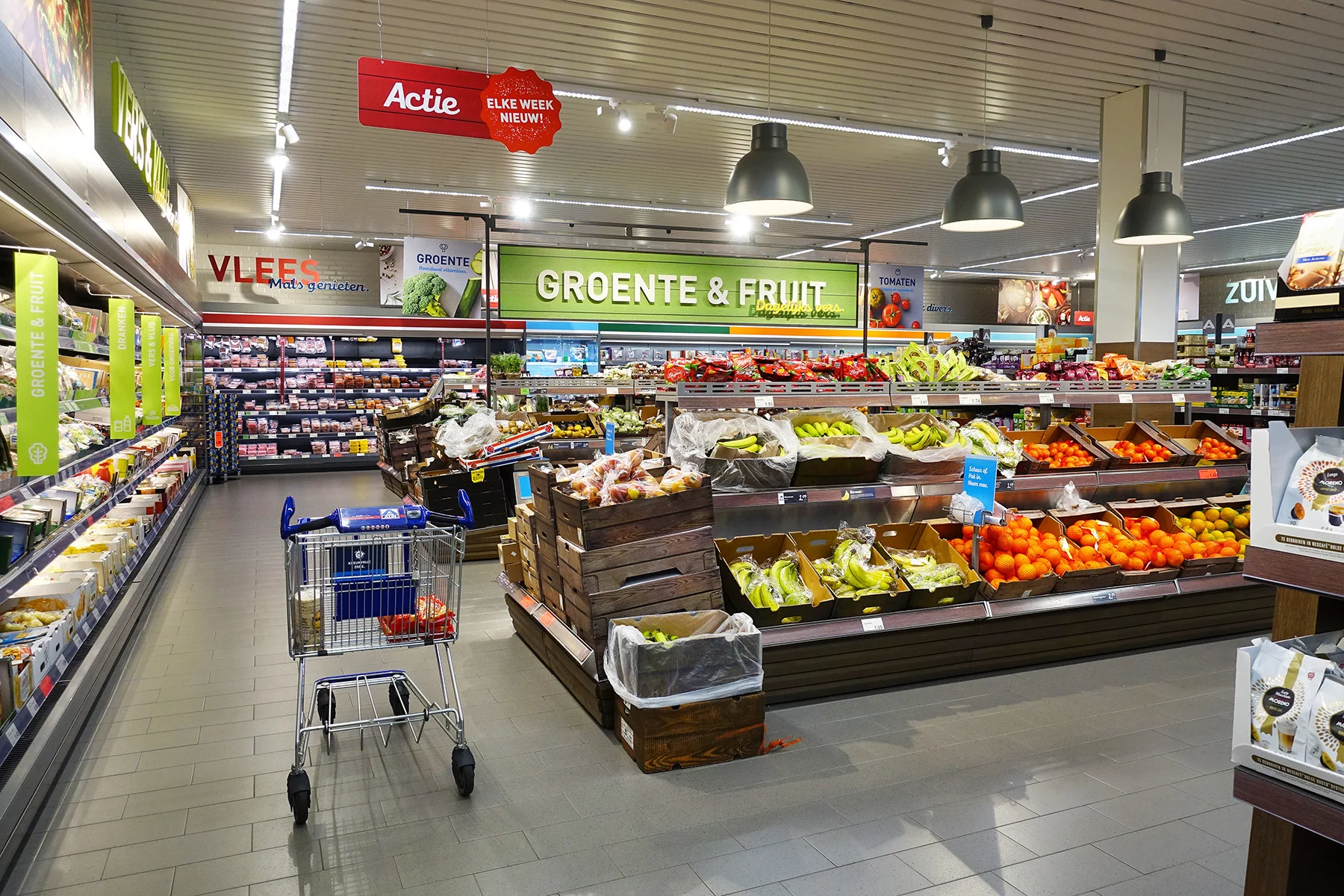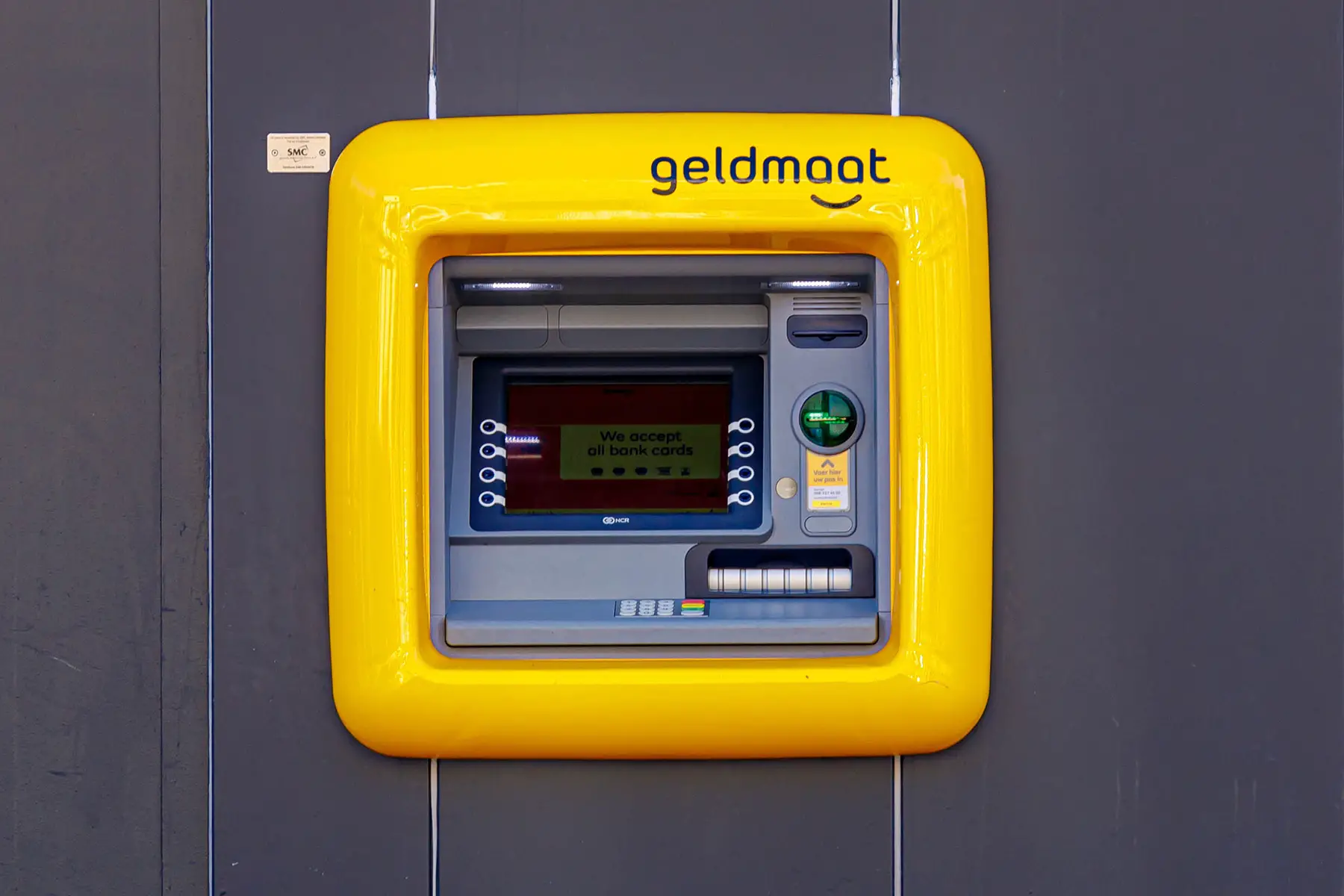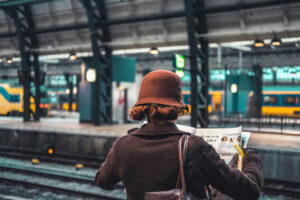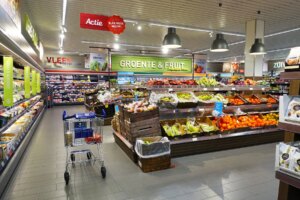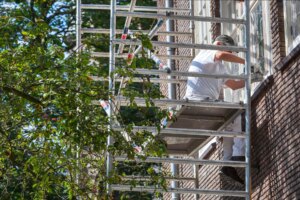If you’re moving into your new Dutch home, one of the first things you’ll need to do is connect the utilities. This includes setting up your electricity, gas, and water, which are all essential in helping you and your family settle in your new life. Take a look at our guide to setting up internet in the Netherlands if you already have electricity.
Thankfully, connecting to utilities is fairly straightforward in the Netherlands, with plenty of providers, options, and packages to choose from. Whether you’re buying, renting, or short-term letting, this guide explains the following:
Utility Direct
Simplify your Dutch utilities with Utility Direct. Their dedicated services provide seamless connections, support, and peace of mind for your stay in the Netherlands. As well as assisting with internet, TV, electricity, gas, and water, they can help organize removals, furniture, and insurance. Contact Utility Direct to streamline your move.
Utilities in the Netherlands
When it comes to setting up your utilities in the Netherlands, you might be surprised by the amount of choice. The Dutch energy market is liberalized, meaning you can choose which electricity and gas supplier you use.
Most providers will offer package deals, so you can often save money if you get your electricity, gas, and even district heating (stadsverwarming) from one supplier. Many providers also offer green energies, which means you’ll be able to choose a more sustainable source of power for your home.
Water is provided separately and you won’t be able to choose a supplier. Each region in the Netherlands has its own water provider, so you’ll need to sign up with the local provider. This can be quickly found out online or through your local council.
If would prefer someone to take the stress out of setting up your new home, you can also use a utility installation service. Expat-friendly services offer English-speaking assistance when it comes to setting up utilities in the Netherlands. These include:
Getting connected in a new home
Whether you’re renting or buying a home, it’s highly likely that you’ll need to set up your utilities, including electricity, gas, and water connections.
If you are buying a house in the Netherlands, you might be able to transfer utility services to your name from the previous tenant or owner. This can be convenient for some homeowners as it takes away the need to find your own utility providers. These connections might not represent the best available but can tide you over until you find your own providers.
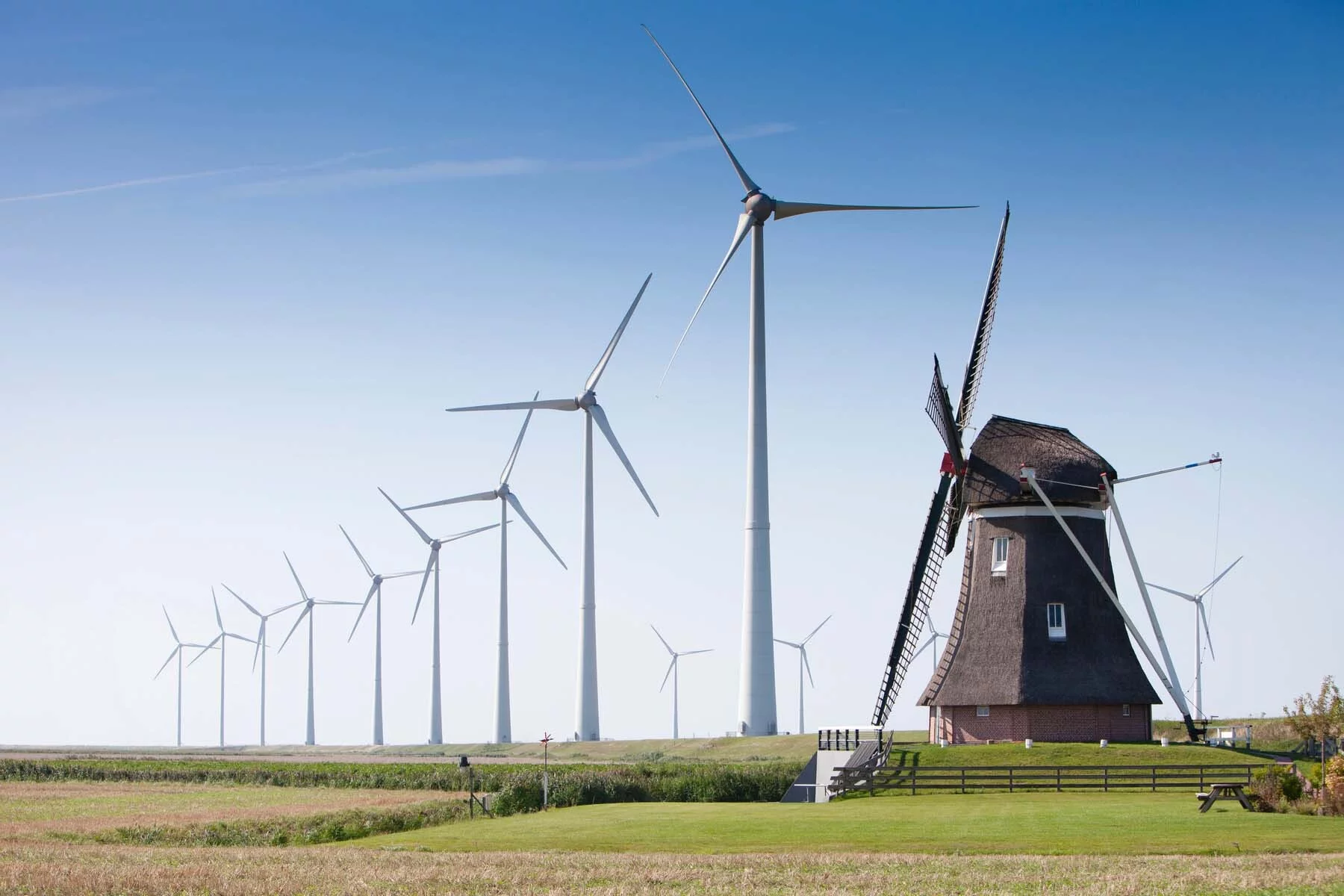
If you’re renting, it’s possible that your new home will have utilities set up by the landlord. If this is the case, the cost will likely form part of your monthly payments. In such cases, you can ask your landlord to issue you with an account (eindafrekening) showing real costs at least once a year. However, be sure to clarify with your landlord what you’re actually paying for prior to signing the contract. They may allow you to change providers or they may not. If they aren’t part of your rent, you can usually transfer the current connections into your name or set up a different supplier.
Generally speaking, serviced apartments in the Netherlands come with utilities included as standard. If you’re planning a long-term rent, it’s likely you’ll be able to find a cheaper deal yourself. However, changing providers may not be worth your while if you’re only staying for a short-term let.
Setting up electricity and gas in the Netherlands
Generally speaking, electricity is the main source of power in Dutch homes (and increasingly in Dutch cars, too). However, gas is also an option in most homes in the country. There are plenty of energy providers to choose from, with most offering electricity and gas, should you want both.
Some will provide lower rates than others, while some will offer a combined package with gas and district heating; although this is only available in certain areas. Others will use more sustainable energy, often called ‘green power’ (groene stroom) from sources including solar, wind, and water power.
Dutch energy suppliers
You can find a full list of Dutch electricity providers, including green energy providers, on the consuWijzer website. This site is run by the Netherlands Authority for Consumers and Markets; the Dutch regulatory authority for energy providers. Below are some of the main energy providers in the Netherlands:
- Engie
- Essent
- Frank Energie
- Greenchoice
- Innova Energie
- Pure Energie
- Vattenfall (formerly Nuon)
Comparing Dutch energy providers
When selecting a Dutch energy provider, it’s essential that you get the right one for you. One quick and easy way to ensure this is by using a comparison website. This will help you search by the type of energy you want (electricity, gas, or a mix), and the contract. You’ll also be able to easily see which providers offer green alternatives. Comparison sites such as UnitedConsumers (in Dutch) make it easy to view your options and sign up with a supplier.
Connecting your energy supply in the Netherlands
Once you’ve chosen your supplier and energy tariff, it’s time to connect. Setting up an account with a provider is generally very straightforward. You can do this via telephone or the supplier’s website.
It’s likely you’ll need proof of identity (passport or ID card), proof of occupancy (rental contract or house deeds), and either a bank statement or proof of residence available from your municipality.
You’ll also need a bank account to set up your preferred payment method. This will be easy to provide if you’ve been living in the Netherlands and have already opened a bank account. However, if you don’t have an account, you can easily sign-up to a mobile bank like bunq. This will ensure you have a Dutch bank account in minutes.
If you’re moving into a new property, it’s essential you make a note of the meter readings on your first day in your home. This will ensure you only pay for your usage and can even help you get cheaper bills.
Your (new) provider will ask you to provide these readings within 15 working days of your move or transfer. Should you fail to supply them, the provider will make an estimate, which could be higher than needed. The provider will check whether they are realistic. If they think there is a mistake, they will contact you to double-check and make a correction. You need to do this within 15 working days.
Paying your energy bills
When it comes to paying your energy bills, you’ll need to pay two separate fees. The first is for the amount of energy you have used. The second is for the use of the power network itself. These power networks are operated on at a regional level by the netbeheerder. You cannot choose a different network or opt-out of paying the associated charges.
Most energy suppliers will combine these two payments on your bill. However, sometimes invoices are sent separately. This means you’ll have one bill from your supplier and another from the netbeheerder. You will need to pay both of these fees.
Your energy supplier will ask you to check and send in meter readings once a year. When the time is right, you will get a reminder by post or email. This will be the basis for your monthly/annual costs for the next year and a possible refund or additional fee for the previous year.
To pay utility bills in the Netherlands, you can make a bank transfer or set up automatic payments.
Changing energy supplier in the Netherlands
Changing your supplier is relatively easy in the Netherlands. Firstly, make sure your contract allows you to switch. With some contracts, you’ll get a fine if you decide to switch providers before it ends. However, if your plan has an indefinite term you can switch anytime.
If you do want to change providers, simply find the right tariff for you and contact the supplier. They will help you change over and many suppliers will let you switch on their website. Don’t worry about being left without power if you choose to switch providers. Energy companies are obliged to keep you connected through the changeover.
Making a complaint about a Dutch energy company
Dutch energy companies are regulated by the Netherlands Authority for Consumers and Markets. They ensure fair practices and tariffs, although note that the latter will vary per provider. For instance, some suppliers will charge extra for green energy.
Should you have a complaint about the meter readings, contact your provider as soon as possible; ideally within two weeks. This will give the provider ample time to contact the netbeheerder – the operator of the power network in your region – to find out what the problem is and whether the readings can be changed.
If the result is still unsatisfactory, you can contact De Geschillencommissie (the Dutch Foundation for Consumer Complaints Boards) to arbitrate; their decision will be binding for both parties. Almost all Dutch energy providers are affiliated with De Geschillencommissie. This is mentioned in their general terms and conditions. You can file your complaint on their website or via a letter. Note that De Geschillencommissie will charge a fee.
Dutch voltage and power plugs
The standard Dutch electricity voltage is 220V (50Hz). While this is the standard voltage for Europe, it is significantly higher than many other countries so check which appliances are compatible.
The Netherlands uses the two-pin power plug adapters commonly used in much of Europe. Don’t worry if you have appliances with foreign plugs, such as the three-pin UK version. You should be able to buy a suitable Dutch power adapter in most electrical shops.
Power cuts in the Netherlands
Power cuts are rare in the Netherlands but do occasionally happen. If you experience a power cut, check if the street lights are out or with your neighbors to see if they have power. If the entire area is out, you can call the national number 0800 9009, which is free of charge and can be reached day or night. Your notification will be forwarded to your netbeheerder who will get the power back up. Alternatively, you can check www.gasenstroomstoringen.nl.
If the power outage is just in your home, first check your fuse box to see if a fuse has tripped or blown, which you can solve yourself. Otherwise, you will need to contact your Dutch electricity supplier.
Water supply in the Netherlands
The Dutch water system is high-quality and easy to navigate for expats moving to the country. Dutch water providers are assigned a certain region of the Netherlands and cannot be selected by the consumer. To see which water company covers your area, visit Vewin and enter your postcode in the box Zoek uw waterbedrijf, or ask at your local gemeente. Registration is very straightforward and you can do this through their respective websites.
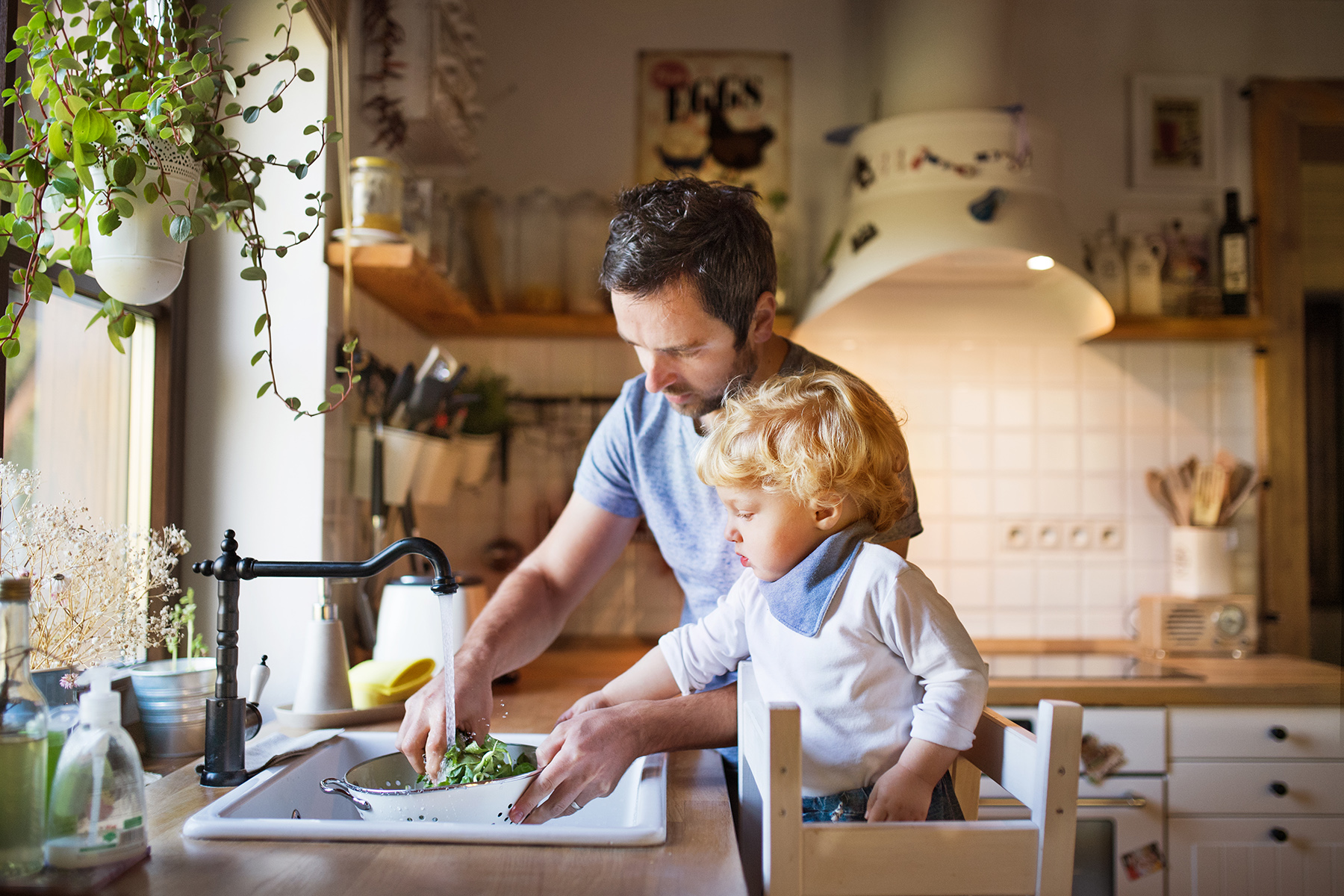
When it comes to payment, there are two elements of your water bill. The first is a consumption charge based on actual water usage. This is often called the tap water bill. Your water company will estimate this charge if you don’t have a water meter and you’ll likely have to pay this monthly via bank transfer or automatic collection. Many water companies have tools that can help you estimate your usage based on your household.
The second payment is a municipal tax for water services. This covers the sewerage system, maintenance, drainage, and more. This payment is made quarterly or annually, depending on your local water supplier. The cost of this will depend on your household, so check ahead of time to ensure you know what payments you can expect to make.
Main water suppliers in the Netherlands
- Amsterdam: Waternet
- Den Haag/Leiden: Dunea
- Rotterdam: Evides
- Utrecht: Vitens
- North-Holland: PWN Waterleidingbedrijf
Dutch tap water
Dutch tap water is among the safest to drink in the world and is tested by Dutch water suppliers regularly. When and where needed, they employ preventative measures and additional purification techniques. Tap water in the Netherlands is mostly not hard and will not cause major limescale build-ups; although some build-up will always occur. To see how hard the water in your area is, you can check www.waterhardheid.nl.
How to find a handyman in the Netherlands
Are you having trouble with your water or electricity? Do you have a leak, a short, or a malfunctioning appliance? If you need a repairman anywhere in the Netherlands, Zoofy is a user-friendly online platform that will connect you to qualified home professionals such as:
- electricians
- plumbers
- heating specialists
- appliance repairmen
- painters
- carpenters
- exterminators
- locksmiths
- roofers
- gardeners
- and all other sorts of repair and handymen.
